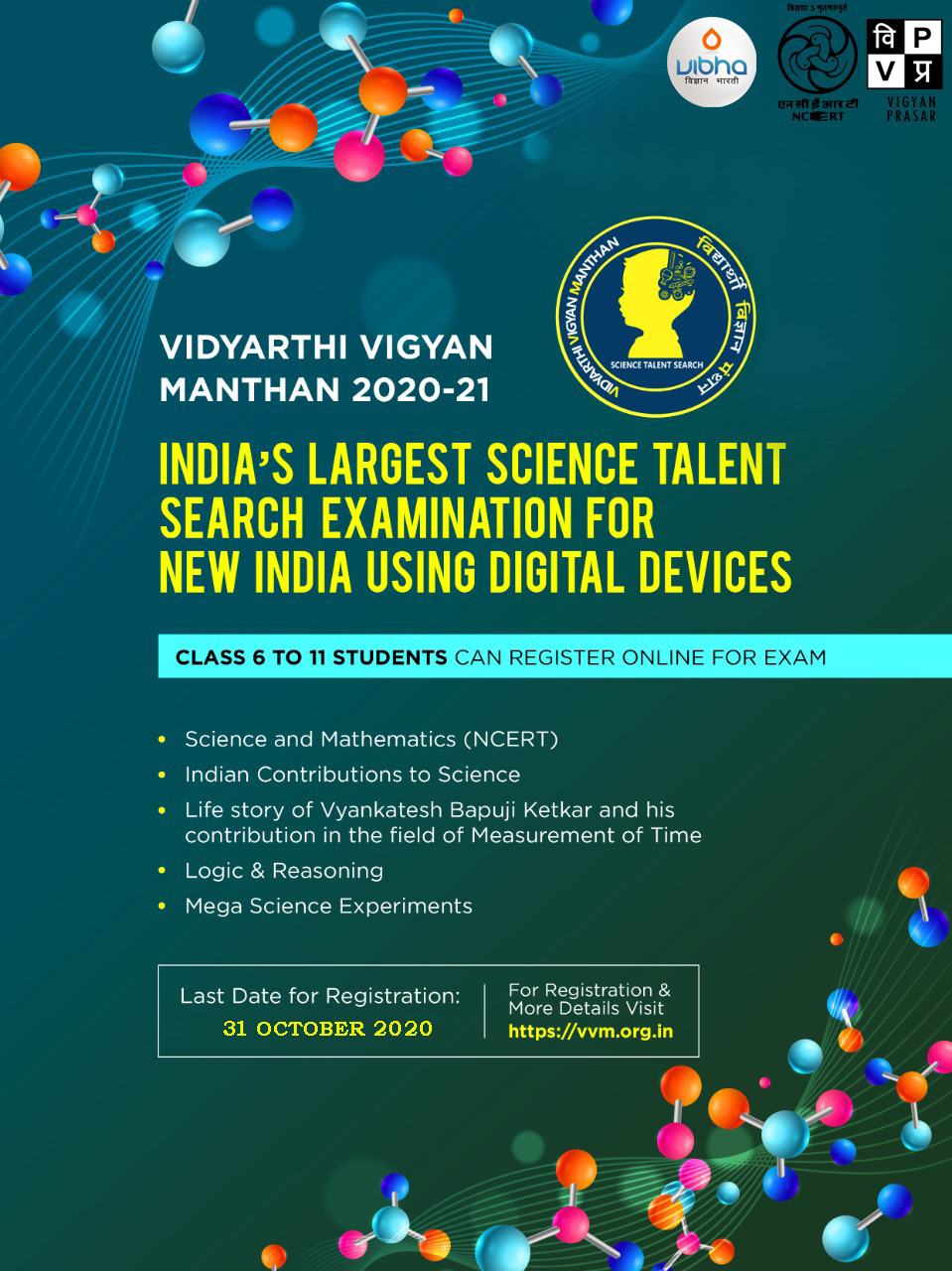Prologue to scientific thinking
Total Views |
As intelligent beings curiosity is our inherent character. It is our basic nature to question, pry, and enquire. Mothers get exhausted addressing the questions toddlers ask about everything under the Sun. There was crèche’ manager I knew, who indignantly repeated “don’t ask”, to the kids because it made her go crazy answering all the questions the little ones put her, round the day. And when the kids returned home, they in turn repeated the statement to their parents, who questioned them why the tiffin was not finished or clothes were soiled! Jokes apart, the point to endorse is, there are always so many questions in our minds, and our thirst to know is never satiated.

As parents, we must realize that the first step in learning is to answer every question to the best of our ability, in all honesty. In case we do not know the answers (yes! There can be such questions too), it is cool to admit so, and look for answers together. Questioning and exploring nurtures the brain’s ability to evaluate and perceive everything around us, through the prism of evidence. It also endorsed the belief in children that there is an explanation to the entire phenomenon around us, and the answers can be unraveled.
Our education system, the syllabus, the teaching methodology, evaluation procedures are all under rapid evolution and alteration, especially in the COVID19 scenario. As students are grappling with his change and coping due to their techno-savvy gadget instincts, the flow of knowledge (not textual information) that the students imbibed during interaction with their teachers has practically diminished. The intrinsic nature to question is dying out- the only response is silence, expressed through muted speakers, when the teacher asks for questions at the end of an on-line session. The way to get children interested in asking questions is to talk their language. Make then realize that Science is not a subject taught in school, to give an exam or earn marks. It is what we see, feel, taste, hear and smell through our 5 senses, a part of our lives, and all around us. Rather than asking our young minds to memorize the laws of physics, the chemical equations or the botanical nomenclatures, we should encourage them to think rationally and logically. Building a scientific temperament in children is far more important than merely teaching science ‘subjects’.
Register Today on: vvm.org.in
When we talk of a scientific temperament, it simply means doing with an understanding. Working in a laboratory in my student days, I often came across lab-assistants who used to pour solutions from beakers from any side, even when the beaker is provided with a small spout (or "beak") to aid pouring! They probably never questioned why there was a spout, in the first place. The observation power was dead, curiosity diminished. And that made them blundering, clumsy and inept in their work. It is not about the inclination or the aptitude- parents as promoters of children and their learning (I am not using the work schooling or education) need to comprehend why developing a scientific temperament for children is a requirement. It is to improve the capability of reasoning and the overall standard of our children’s lives in the future.
A scientific way is the most unrestricted way to think. It permits one’s minds to consider all possibilities; it fosters thinking, logic and deduction skills. It is where one starts with a query or idea, creates a concrete way to prove or disprove it, and objectively show what one learned. It is through this one learns that no result, is also a result. It breeds the desire to know more and in-depth and triggers the thinking process. Studying the relationship between empirical evidence and one’s theory helps one to think critically, logically and analytically. To be able to offer a child practice with these thinking skills is like giving vitamins to a young, developing mind.
So how do we nurture our young, developing minds, how do we open windows of scientific vistas to them? These are some smart yet simple ways-

- Make science sound casual, part of everyday life. Hence a let science be the backdrop for all activities at home- pruning a plant in the garden, where the apical/terminal buds are cut but not the auxiliary/ lateral buds. Or, why soap solutions or solvents clean oily surfaces efficiently or why backing soda is added to milk to prevent it from spitting!
- Let them take it apart! Encourage them to get to the bottom of it with their “hows and whys” and get a great learning opportunity. Let children take something of interest apart to better understand it. An old dinky car toy model, a hibiscus flower or a table watch that no longer works.
- Do not miss out opportunities to visit science museums or participate in camps with the children that display working models on various scientific principles. Let them experience that science is actually fun and not a brain-eating scary monster.
- Sit with them, listen to interviews with contemporary scientists on YouTube, They may not understand most of it, but the young minds will definitely be impacted, and there will definitely be questions. Interaction with actual scientists, walking through a laboratory, test center or a workshop may feel intimidating to them, but it will also set them thinking that sky is the limit to contribute.
- Curriculum at school is limited and like a checklist to learn for the exam. It is rigidly curated and children often have questions that go beyond what is in the text books. Develop a habit in the child to refer to Books or the internet to get the whole picture. This way they will get ready to independently look for answers and also understand the topic thoroughly.
- Make the children aware that Science is a vast subject- as vast as the Universe. We know a lot already and do not know so much more. Encourage them to enroll in science- based interactive activities with other groups, science competitions and exhibitions, quizzes to escalate their exposure and interest.
There may be hypotheses, theories, imagination and even revelations. There may a few good laughs as well during many conversations. But this is assured; the mind once set on a course will not deflect something that Newton’s first law of motion states. Even if you discover together like the first potter's wheels were invented around 3500 B.C. in Mesopotamia, 300 years before someone figured out how to use them for chariots. And we in the 21st century are still and again reinventing the wheel!
VVM 2020-21 is coming up with a unique opportunity for registered participants this year.
The Mega Nation-Wide Experiment is a novel endeavour of VVM. The objectives this mega experiment are inculcating observational skills, a scientific mindset, and analytical thinking among our students.
REGISTER NOW at bitly.com/vvm-explore



